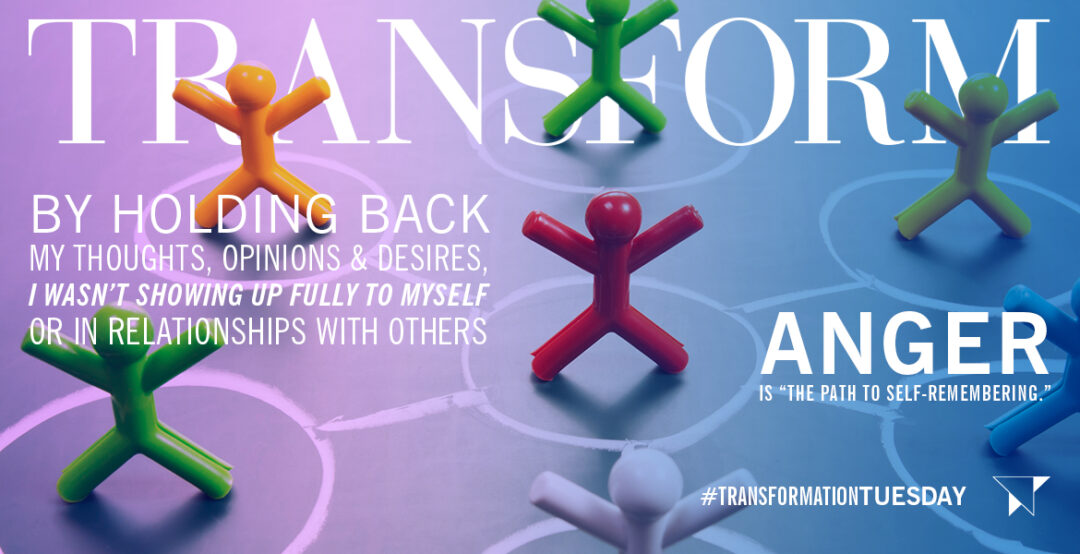How many relationships do you have in your life that are peaceful and harmonious?
For years, that was my main relationship goal. As an Enneagram Nine, I was hardwired to do whatever it took to avoid conflict and keep things peaceful and harmonious in all my personal and business relationships. Unconsciously, I avoided conflict by going along with what others wanted and rarely expressed what I thought or wanted. If conflict did arise, I would work to minimize it at all costs and was quite successful at it–or so I thought. Then along came the Enneagram in 1996. It opened my eyes to my hardwiring and automatic behaviors and helped me realize these caused more internal stress and anxiety than I was aware of while externally keeping me from fully participating in relationships with others. By holding back my thoughts, opinions and desires, I wasn’t showing up fully to myself or in relationships with others. I decided I wanted to change that!
The journey hasn’t been easy, but here are a few things I’ve learned along the way:
- For too long, I was wired to believe that if you disagreed, or asked someone for something, or were needy, others wouldn’t want to be in relationship with you. I’ve learned that a strong, healthy relationship endures disagreements, getting angry, making requests, willingly giving of one’s self to support the other, and yes, asking for help at times.
- Avoiding conflicts often leads to more conflict, not less. I learned that I was a great facilitator of other people’s conflicts but avoided personal conflict. For too long, to me, disagreement equaled conflict, and conflict meant the relationship was in jeopardy. Uncoupling those neural connections involved redefining conflict, finding and speaking my truth, and trusting that the relationship was solid and would withstand any perceived conflict.
- Anger is “the path to self-remembering.” Helen Palmer, my Enneagram teacher, taught me this early in my journey. Anger is an energy that rises within and can be a wonderful teacher if you take the time to listen to it. My anger was often focused on someone else, and what I’ve learned to do is stop and investigate the source of my anger. When I do this, most time I discover that my anger is more about me not speaking up or setting my boundaries than about the other person.
- Anticipating and obsessing in my head what others might say, do, or think, and then planning what I would say and/or do is exhausting. When my head, heart and body are aligned, my thinking relaxes, and I am energized and more connected to myself and others. The work begins with going inward, dropping my assumptions or anticipated outcomes, getting grounded, and then engaging in a conversation that is open, honest, and free of expected outcomes.
- The more I listen to myself and seek to be fully present to others, the more my life–and especially my relationships–is increasingly satisfying and fulfilling.
What have you learned about yourself and being in relationships? We’d love to hear from you. Join in the conversation on our Facebook page.
By Theresa Gale
PRINCIPAL, TRANSFORM, INC.




